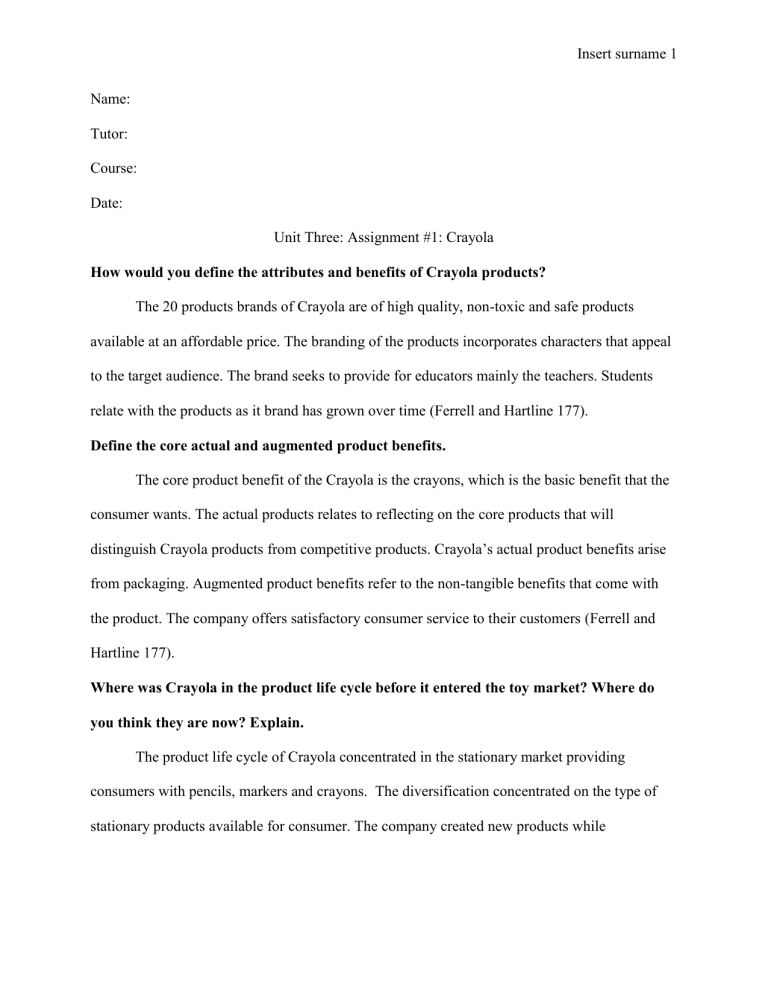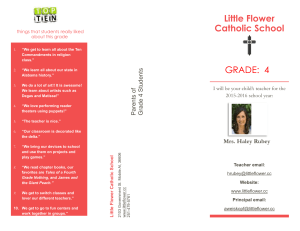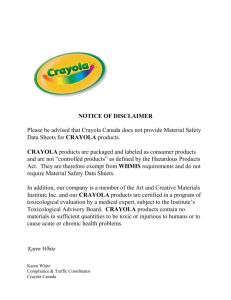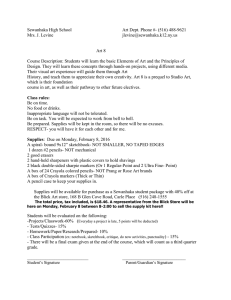
Insert surname 1 Name: Tutor: Course: Date: Unit Three: Assignment #1: Crayola How would you define the attributes and benefits of Crayola products? The 20 products brands of Crayola are of high quality, non-toxic and safe products available at an affordable price. The branding of the products incorporates characters that appeal to the target audience. The brand seeks to provide for educators mainly the teachers. Students relate with the products as it brand has grown over time (Ferrell and Hartline 177). Define the core actual and augmented product benefits. The core product benefit of the Crayola is the crayons, which is the basic benefit that the consumer wants. The actual products relates to reflecting on the core products that will distinguish Crayola products from competitive products. Crayola’s actual product benefits arise from packaging. Augmented product benefits refer to the non-tangible benefits that come with the product. The company offers satisfactory consumer service to their customers (Ferrell and Hartline 177). Where was Crayola in the product life cycle before it entered the toy market? Where do you think they are now? Explain. The product life cycle of Crayola concentrated in the stationary market providing consumers with pencils, markers and crayons. The diversification concentrated on the type of stationary products available for consumer. The company created new products while Insert surname 2 maintaining the properties of the products. It concentrated on the market of children (Ferrell and Hartline 177). Do you see the move from school supply products to toys as product development? Explain Moving from school supply to toys is product development as the company introduces new products into the market. Product development refers to the creation of products that differ in the characteristics of the accustomed products. Diversification of products creates more market share and a wider consumer base (Ferrell and Hartline 177). Describe the Crayola product portfolio strategy. Crayola strategy involves increasing the number of products under their brand. The company moves from producing stationary items to toys and computers. Growth of the brand enables the company to product new products and gets positive feedback from customers. It becomes easier for the new products to sell based on the success of their original products (Ferrell and Hartline 177). Insert surname 3 Works Cited Ferrell, O. C. and Michael Hartline. Marketing Strategy. Florence, New Jersey: Cengage Learning, 2010.


